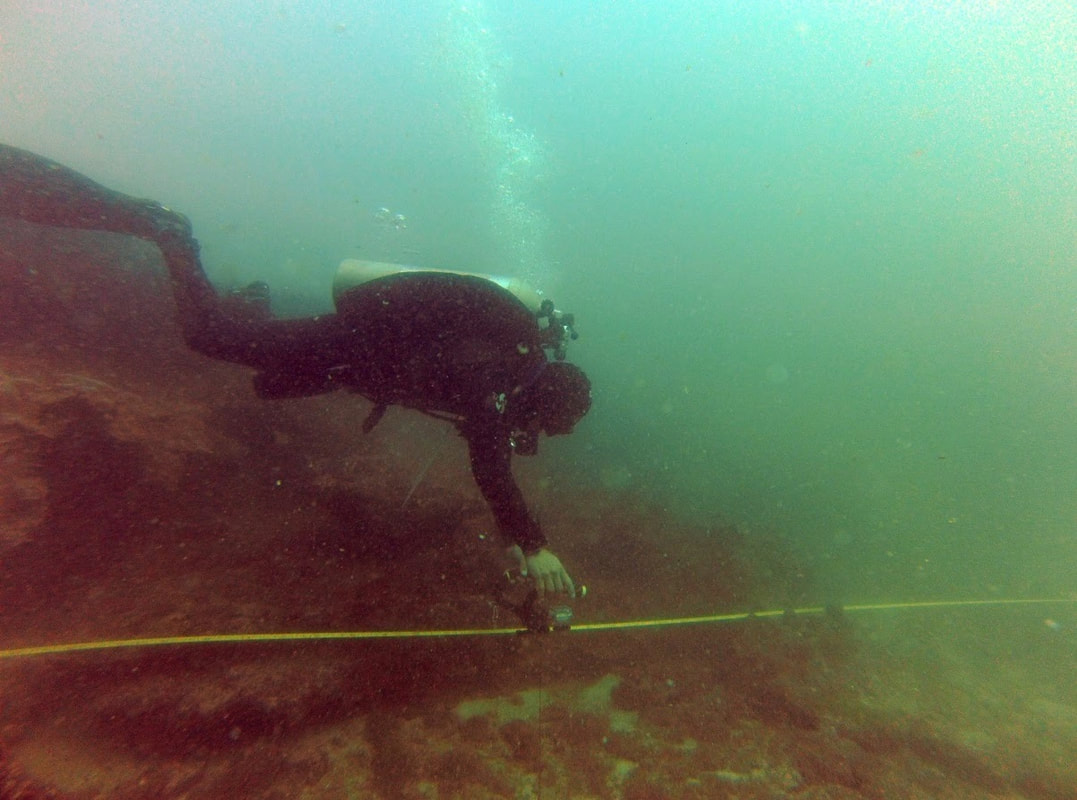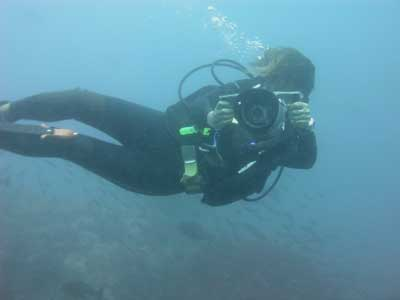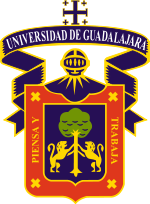MEXICAN CORAL REEFS
Teams of volunteer divers will survey up to 40 coral reef sites multiple times a year for several years.
Data That Drives Change
Our Partners
In the Field
We’re looking for experienced, conservation-minded divers with access to boats who can commit to at least three dives within a year along the Mexican Pacific coast in the Puerto Vallarta region. Volunteers must have a minimum of 25 logged dives if a PADI certified open water diver, 15 if PADI advanced open water diver, and 10 dives if they are a NAUI certified advanced open water diver. You must provide all of your provide your own dive equipment, including: mask, regulator, BCD, wetsuit, fins, and full air tanks.
WHAT
Each volunteer diver will be required to commit to conducting a minimum of three site surveys. Survey sites are clustered, making access to three sites during a single multi-day visit manageable.
At each field site dive teams will swim 5 different 25-meter-long belt transects parallel to the coast. Teams will swim each of the five transects three times to collect the following data:
- Fish surveys – identify fish to species, size categories, and ratio of adults to juveniles
- Echinoderm density – count abundance across different categories (sea urchin, seastars, sea cucumbers, etc)
- Habitat assessment – categorize different coral types
- Vertical contour – measure contour of seafloor
You will record data on underwater tablets, transcribe that data to datasheets, and send them to Dr. Rodriguez.
WHEN & WHERE
Volunteer Training:
For the 2021 Panama Posse Kickoff week in Barra de Navidad, Mexico, Adventure Scientists and Dr. Rodriguez will be presenting on the coral monitoring project and ways to get involved. Join us Sunday, December 5 for a seminar to learn more. On December 6, Dr. Rodriguez will hold an in-person training for Panama Posse members who have completed the online training. Before attending, you must submit the online application linked below to understand project requirements and to gain access to the online training.
The online training will cover the protocol basics and give an overview of expected species identification.
Additional in-person trainings led by Dr. Rodríguez will be held in Puerto Vallarta, Mexico at the beginning of each session with exact dates to be determined (e.g. mid-February, mid-June, and mid-October). These in-person trainings will take place over two days. Day One will involve afternoon/evening classroom sessions covering theory and sampling strategy. Day Two will involve practice dives from 0800 to 1700. The in-person training is required after completing an online training.
Dive Surveys:
Field sites are predetermined (GPS coordinates provided) and no deeper than ~12 meters. See the map below for dive locations.
All surveys must take place between 0900 to 1300 or 1500 to 1700. The surveys must also take place during one of three discrete sessions.
The Panama Posse Kickoff takes place December 2 – 6, 2021 in Barra de Navidad, Mexico. Additional sessions include roughly February to May, June to September, and October to December. We encourage you to apply for multiple sessions if possible.




